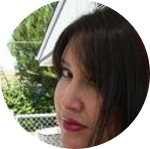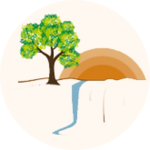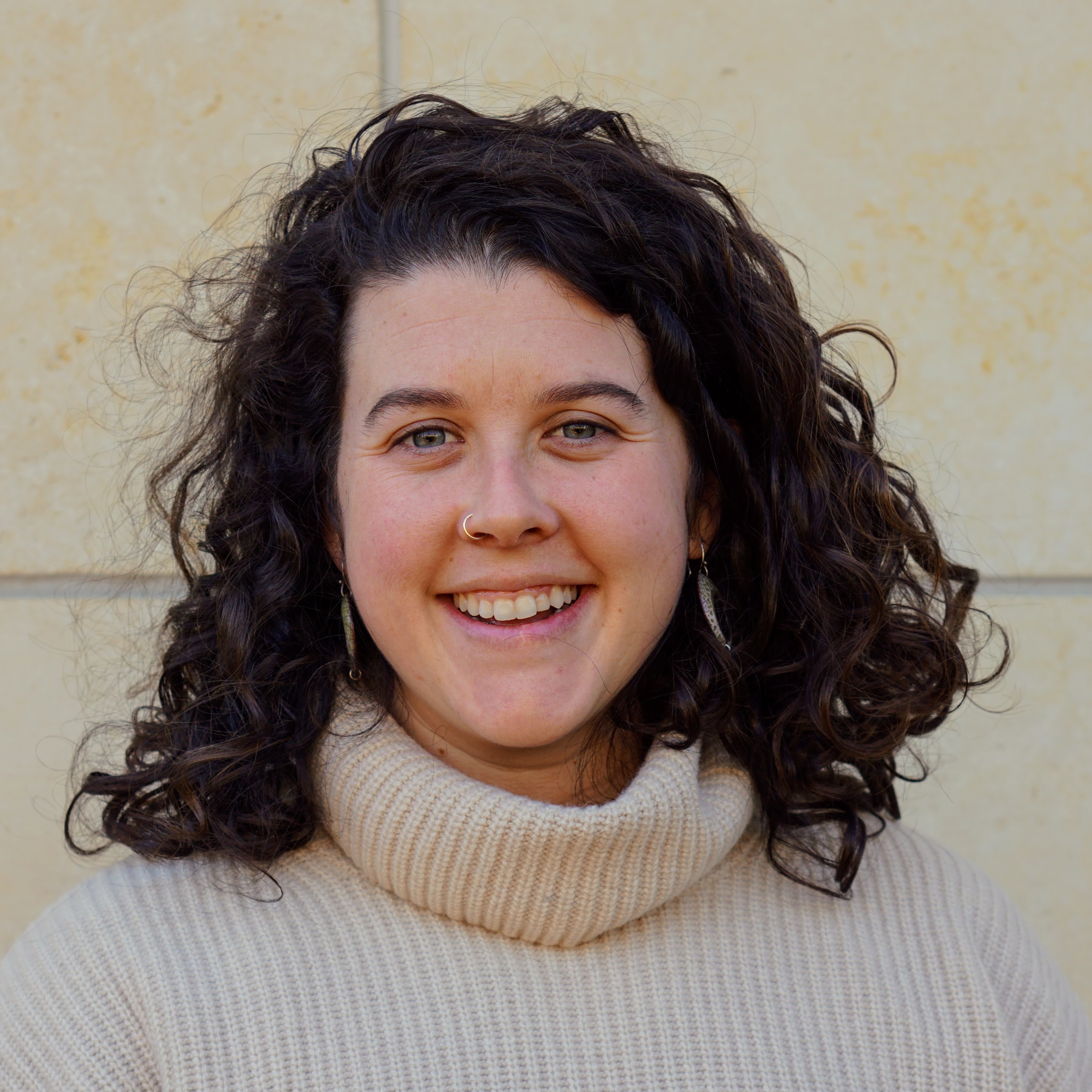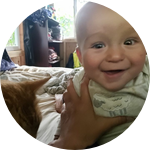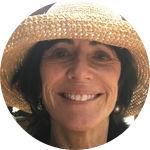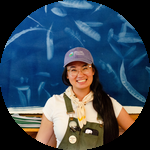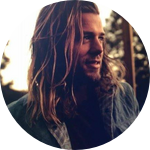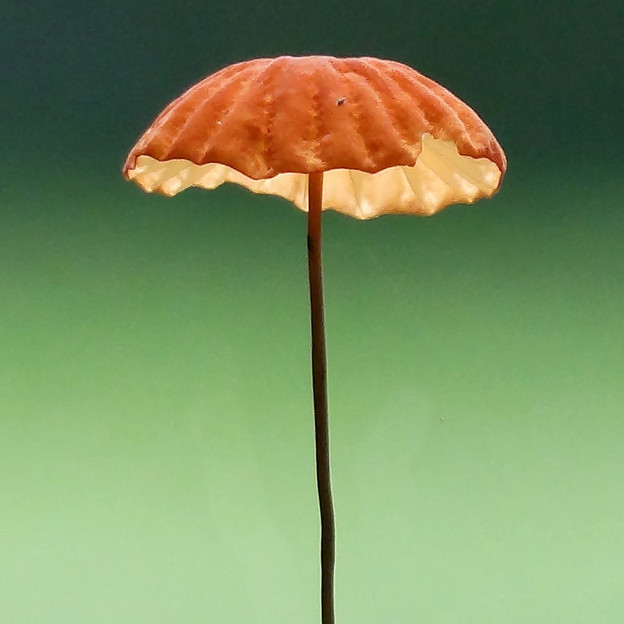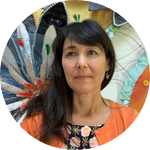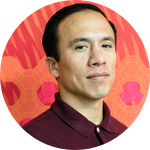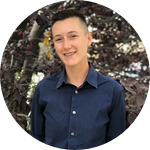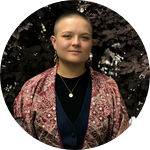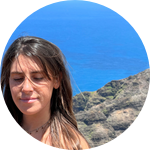About This Project
As Maui faces catastrophic contamination to soil and water due to recent devastating fires in Lahaina and Kula, locally-driven solutions to bioremediation - such as mycoremediation - are essential. A Maui middle school pilot program designed to accompany a larger myco-silt sock toxin absorbing research program will empower local youth to participate in research, expand their existing knowledge of bioremediation, and contribute their cultural and community knowledge to a more resilient Maui.
Ask the Scientists
Join The DiscussionWhat is the context of this research?
Maui has suffered its greatest fire devastation ever in living memory. In the aftermath, there is a growing focus on the immense amount of toxins released into the environment which has led to tap water drinking bans in areas where the water cannot even be boiled & used. The ash from thousands of burned buildings contained harmful chemicals like benzene and asbestos. Additionally, there is concern that the fires may have recirculated arsenic in the soil that was used as a fungicide during the plantation era. Research has shown that fungal mycelium can effectively remediate harmful chemical compounds. What might a Hawaiian mycoremediation program look like, one that leverages local knowledge, locally-sourced fungi & local invasive species?
What is the significance of this project?
A place-based program that accompanies a larger scientific mycelium silt sock research initiative will create a much needed gateway for local youth to contribute to & learn about bioremediation solutions for their community. By including teens in this project, the educational resources developed will be informed by teen voices & cultural knowledge, making the materials relevant & accessible to classrooms & learning spaces across the Hawaiian Islands. The unique criteria & constraints of Hawaiian ecosystems make it important to create a uniquely Hawaiian-focused bioremediation educational program; the majority of existing programs focus on contexts relevant to the continental US. The collection of lessons developed will be a cornerstone to grow Hawaii-centric bioremediation programming.
What are the goals of the project?
We will design an accessible mycoremediation program that empowers teens to engage in scientific research, grow their knowledge of bioremediation, & add their voice & cultural knowledge to curriculum development. Additionally, our goal is for the open-sourced curriculum to be adaptable for use in a range of Hawaiian educational spaces as the larger mycoremediation program grows. We aim to use locally-sourced biological materials for the toxin absorbing myco-silt socks, such as an invasive, fire-prone plants as the substrate to grow a fungal mycelium.
We will measure the success of the program by designing pre- & post-assessment quantitative & qualitative data surveys to assess the students' knowledge about mycoremediating fungi, toxins in their community, & their experimental designs.
Budget
We are seeking funding to support the two components of this middle school education project: burn site myco-silt sock experiment to mitigate the toxins and classroom experiment with small-scale mini mycoremediation experiments conducted in class. The funds will support inter-island travel for our team, permits and backhoe rental, teen stipends to honor their contributions as co-designers, stipends for our Hawaiian knowledge bearers and our mycologist team members, crafting the programming, tools, and funds for the culminating event. We will also need materials and tools funds to create a myco-silt sock installation at the burn site, as well as funds for in-classroom experiments and for the culminating Earth Day teen-led event in April.
Endorsed by
 Project Timeline
Project Timeline
This project will be asynchronous to the larger Maui Bioremediation Group’s myco-silt sock project which will start earlier to be in place before the 2023 rainy season. This educational component of the project will be informed by the larger myco-silt sock project. The timeline for this project will span November of 2023 and culminate in an Earth Day teen-led workshop event in April 2024.
Sep 14, 2023
Project Launched
Sep 24, 2023
Core curriculum leaders develop materials list and curriculum scaffold. Coordinating conversations start with participating school garden teacher at Montessori School of Maui.
Oct 04, 2023
Earth Day partner school (either Samuel E Kalama Intermediate or Makawao Elementary) contacted for the teen-led Earth Day event in April. Order Materials.
Nov 09, 2023
Opening ceremony, program orientation, moʻolelos of fire and ahupua’a shared, norms setting. Program start: mycelium started & discussion of range of soil & water toxins.
Nov 25, 2023
Protocols established for myco-silt socks. Testing begins using the project’s created myco-silt socks. Smaller test designs taken for additional testing in-class.
Meet the Team
Affiliates
Affiliates
Team Bio
Our team is composed of local Maui community mycologists, University of Hawaii researchers & local STEM educators who bring expert knowledge of the communities of people & organisms that form Maui ʻāina. Chase & David have spent years growing a local Maui mycologist community. The team also has in depth knowledge of the complex water history of Maui through family agricultural labor dating back to the early 1900’s. We are collaborating on a larger bioremediation project for fire-affected areas.
David Pollmiller
Dave grew up in the sprawling suburbs outside of Kansas City, Kansas. A place of widespread mechanized farm land, strip malls, manicured lawns, and uninspired landscaping.
Longing to leave Kansas and see other parts of the world, Dave journeyed to Hawaiʻi to try his hand in organic agriculture and fell head over boots in love. He hasn’t looked back since. Organic farming & regenerative agriculture spoke to Dave’s heart louder and more clearly than anything else ever had.
His journey into mycology started in Chapel Hill, North Carolina when he was living and working at the Eco-Institute at Pickards Mountain. Foraging for the abundance of wild mushrooms growing in the Piedmont forests became an obsession along with cultivating gourmet mushrooms in the Eco-Institute’s mushroom garden. For more than three years, Dave experimented with a variety of low-tech, outdoor cultivation methods. He began to teach classes on mushroom cultivation in 2017 and launched the Tropical Fungi Academy with co-founder, Chase.
Chase McLean
He has completed five Permaculture Design Courses, has been
permaculture gardening and organic farming since 2012 and is interested
in how mycelium can inform the design of our gardens, farms, and
communities.
Chase is passionate about growing local varietals of fungi
and enjoys culturing mushrooms foraged in the wild. He uses this local
master spawn to get more mycelium out into his community so that
mushrooms can be grown in gardens using traditional and low-tech
methods. Chase facilitates the closing of waste streams in his community
by growing local mushrooms on the wood of invasive trees cut by tree
trimmers, as well as on spent coffee grounds and old banana leaves.
Chase is a myco-permaculturist who is passionate about
facilitating the diversification of backyard, community and school
gardens by adding mushrooms and other fungi to the landscape. Since
2004, Chase has been growing mushrooms and researching fungi and has
successfully implemented many different mushroom growing techniques.
He has completed two Cornell University courses on mushroom
cultivation including the Specialty Mushroom Production Course as well
as the Woodland Mushroom Cultivation: Growing Mushrooms on Logs, Stumps,
and Woodchips course. He is also certified in wild mushroom foraging
food safety by Mushroom Mountain.
Corinne Okada Takara
Corinne Okada Takara is a community art activist and STEAM educator who creates programs that elevate and empower community voices in conversations centered on identity, place, science, and technology. She is a Yonsei (4th generation) kama'aina settler who lives on O'ahu. For over twenty years her passion for accessible STEAM learning anchored in cultural and community science knowledge has driven her to collaboratively develop programs with museums, libraries, and community organizations. She is a co-founder of BioJam Camp, a teen program anchored in both Salinas and the Stanford Department of Bioengineering, served as the Program Director of the community biolab Xinampa in Salinas, California, and is co-founder of the youth Art & Design Thinking Camp in East San José, California. Her frugal science tool and biomaterial design research is conducted in her garage and in her Nest Makerspace shed.
Takara has received State, National, and International recognition for her work straddling art and biology including fellowships and residencies such as the Ginkgo Bioworks Creative Residency, a Lucas Artist Residency at Montalvo Arts Center, 2020 Global Community Biosummit Fellowship, and a 2020 National Public Interest Technology Innovation Fellowship. She has led four high school teams in the International Biodesign Challenge for which she was honored with the 2019 Outstanding Instructor Award. She is a recipient of the inaugural 2023 Ka Maka ʻĪnana Think Tank Grant from Purple Mai’a.
Takara holds a BA in Design from Stanford University and is an alumni of the Hawai’i Purple Mai’a Ka Maka I’nana program. http://www.okadadesign.com/ & https://nestmakerspace.weebly....
Rolando Perez
Dr. Rolando Perez is a bioengineer from Ohlone, Rumsen, Mutsun and Salinan lands in the Salinas Valley of California. For over 13 years he has worked to grow a better world through culture, technology and education. He has founded numerous public benefit organizations and his scientific research experience spans synthetic biology, metamaterials and artificial intelligence. He holds a Ph.D. in bioengineering from Stanford University where he founded the synthetic mycology capacities in the Department of Bioengineering, a B.S. in biomolecular engineering from University of California, Santa Cruz where he co-founded the UCSC International Genetically Engineered Machine (iGEM) team, and numerous A.S. degrees from Hartnell Community College. Currently, he is an Affiliate Research Scientist at Blue Marble Space Institute for Science at the National Aeronautics and Space Administration Ames Research Center (NASA ARC) where he leads the engineered living materials and biomining projects.
Hannah Hartmann
Hannah Hartmann is an environmental activist and biorestoration ecologist from traditional Tongva territory (Los Angeles, California). Her undergraduate degree is from Humboldt State University (unceded Wiyot homelands) in Environmental Science, with specialties in Soil Science, Fire Ecology, and Mycology. Hannah moved to Hilo, Hawaiʻi Island (Kānaka Maoli and Kānaka ʻŌiwi homelands) in 2021 and has since received a Master of Science degree in Tropical Conservation Biology and Environmental Science (TCBES). Hannah currently serves on the boards of Recycle Hawaiʻi, Sierra Club Hawaiʻi Island Group (Conservation Committee co-chair), and HULI PAC (Communications Committee chair). She works to further implement mycorestoration (healing of soil and water by allying with fungi) throughout Pae ʻĀina O Hawaiʻi, and is a strong advocate for land return and demilitarization.
Sanae Hartmann
Sanae is a settler-activist-scholar living in Papaikou, Hawaiʻi (Kānaka Maoli homelands), but working from Susquehannock homelands while pursuing a PhD in Geography at Penn State University. She was trained in political and social science at Humboldt State University (Wiyot homelands). Within that space, she had the honor of learning from Indigenous peers, elders, and mentors how to think critically about environmental degradation from decolonial perspectives. She now works in the realm of biorestoration (partnering with restorative organisms such as fungi, plants, bacteria, etc to heal contaminated land and water-bodies). Broadly, her work focuses on the political and technological dimensions of effectively implementing these biotechnologies in the illegally occupied Pae ʻĀina o Hawaiʻi. Her planned dissertation research applies this biorestoration framework to the context of Red Hill. She currently works within the Maui Bioremediation Group as an internal logistics coordinator.
Carly Rose Kolstad
Carly Rose Kolstad has been a passionate educator for about 5 years, predominantly working with ages K-12 in STEM, agriculture, agroecology and land management. Carly Rose is certified in Agroecology through the Multinational Exchange for Sustainable Agriculture and recently graduated from Hawai'i Farmers Union United FAM program. Up until very recently, Carly Rose was honored to have been the Garden Coordinator at Makawao Elementary’s māla and is proud to have made an imprint on the land there through growing delicious food. Carly Rose has been an avid follower of the Fungi Academy for a couple of years now and is fascinated by the exquisite and healing world of fungi! Carly Rose's primary mission is to to empower marginalized farm laborers by transforming our food systems both structurally and through education. Carly Rose now works at a law office in Wailuku, Maui.
Rose Bailey Hoʻomanawanui
Rose is the cultural advisor and project framework designer for the project.
Additional Information
This grant will be part of the larger, currently active Maui Mycoremedation Group that is working to bioremediate the affected areas on-island. This group is nearly finished with its planning phase and is quickly moving towards implementation.
We are collaborating with the sole contractor who is creating the silt-socks for the affected areas.
Additional collaborators on this project include Dave Pollmiller (a Maui mycologist and co-founder of Tropical Fungi Academy), and Hannah Hartmann an environmental activist and biorestoration ecologist on the Island of Hawai'i who currently serves on the boards of Recycle Hawaiʻi, Sierra Club Hawaiʻi Island Group (Conservation Committee co-chair), and HULI PAC (Communications Committee chair).
Here is a graphic of a prototype of one of the experiments the teens will engage with: https://drive.google.com/file/d/14pmcCAO55We3m4QYBKp6R6qGThuLzOMk/view
Project Backers
- 22Backers
- 100%Funded
- $10,003Total Donations
- $454.68Average Donation
